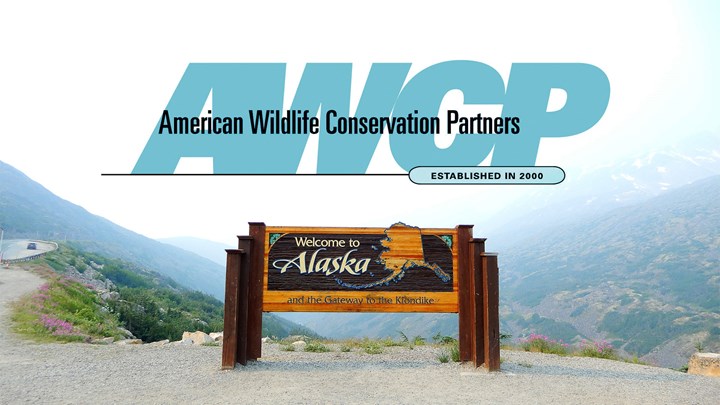
by Karen Mehall Phillips - Monday, September 11, 2023

Protecting science-based wildlife management, the NRA and multiple American Wildlife Conservation Partner (AWCP) organizations sent a letter to Secretary of the Interior Debra Haaland on Thursday opposing a proposal to move the Office of Subsistence Management (OSM) from the U.S. Fish and Wildlife Service (FWS) to the Bureau of Indian Affairs or the Office of the Secretary of the Interior.
The AWCP letter is important as the FWS is the federal agency staffed with fish and wildlife biologists who have the expertise to provide administrative and technical support to the Federal Subsistence Board (FSB). The FSB, in turn, is the decision-making body that has the authority to close federal lands in Alaska (which comprise 60 percent of the state) to hunting and fishing to all but “federally-qualified subsistence users”—decisions largely based on wildlife species’ conservation status as determined by those biologists.
“The undersigned organizations, which represent millions of conservation-minded American sportsmen and women, write to express our concern with the proposal in the 2024 Budget to move the Office of Subsistence Management (“OSM”) from the U.S. Fish and Wildlife Service (“FWS”) to the Bureau of Indian Affairs (“BIA”) or, alternatively, to the Office of the Secretary of Interior,” the letter states. “Specifically, the OSM analyzes biological, ecological, and use data to guide the FSB in administering the ‘subsistence priority’ created by the Alaska National Interest Lands Conservation Act (ANILCA). The FSB has authority to close hunting on public lands to non-subsistence users, but only when restrictions on take are necessary to protect the ‘continued viability’ of fish or wildlife populations, or to protect the continuation of subsistence use itself. 16 U.S.C. § 3112, § 3125. OSM staff includes fish and wildlife biologists, anthropologists, technical and administrative staff, and liaisons to the Alaska Department of Fish and Game and the Alaska Native community.”
The signatories—from the NRA to the Congressional Sportsmen’s Foundation, Mule Deer Foundation, National Deer Alliance, National Trappers Association, Public Lands Foundation, Safari Club International, Sportsmen’s Alliance, Wildlife Sheep Foundation and others—also share why moving the OSM to the Bureau of Indian Affairs (BIA) is improper. Not only are approximately half of all federally qualified subsistence users not American Indians or Alaska Natives—meaning the BIA would marginalize half of all the subsistence users protected by ANILCA—but it lacks the biological and technical expertise to evaluate whether restrictions on take are necessary and to protect the subsistence priority. In addition, the groups explain that a move to the Office of the Secretary would politicize the OSM’s technical recommendations as a primary scientific advisor to the FSB as it would be placed in a political office under the oversight of political appointees, undermining the credibility of the OSM’s assessments.
The letter concludes with respectfully requesting that any proposal to move the OSM from its current location under the FWS be withdrawn. To date, a dozen Alaska-based organizations already have opposed the proposed move in a joint letter. The hope is that the fact national hunter-backed organizations are also weighing in against it carries additional weight.
About American Wildlife Conservation Partners (AWCP):
Launched in 2000, American Wildlife Conservation Partners is a coalition of more than 50 hunter-backed groups representing the interests of America’s millions of hunter-conservationists, professional wildlife and natural resource managers, outdoor recreationists, conservation educators and wildlife scientists. While like-minded individual member organizations such as the NRA have their own areas of interest, the AWCP is united in protecting the future of our renewable wildlife resources, maintaining a governance structure that facilitates sign-on letters, agreement of the partners on wildlife conservation issues, and collaboration with the current administration and Congress. It operates under the parameters of the science-based management that fuels our state and federal fish and wildlife agencies in cooperation with land and habitat managers of our federal, state and local governments.—KMP
E-mail your comments/questions about this site to:
[email protected]
Proudly supported by The NRA Foundation and Friends of NRA fundraising.
